“And I’m looking for space and to find out who I am, and I’m looking to know and understand. It’s a sweet, sweet dream. Sometimes I’m almost there. Sometimes I fly like an eagle and sometimes I’m deep in despair.” Lyrics from the song, Looking for Space, John Denver (1976)
That Uncomfortable Space Between No Longer and Not Yet
Whenever I listen to John Denver’s “Looking for Space”, I can’t help but think of the emotional roller coaster that we often experience in job loss and the challenge of finding that next opportunity. Losing a job is one of the most significant and stressful events we experience in life. It affects our identity and self-esteem, our family and friends, and our sense of security and safety. In grieving a job loss, we are now suddenly thrust into an uncomfortable period of transition and uncertainty to something that is both “no longer” (my former job) and “not yet” (my new job). Some job losses are harder to grieve than others, especially if one is let go for performance reasons where the pain can be particularly acute. There can even be grief when one voluntarily leaves a job as you second-guess yourself and mourn the former colleagues you used to work with and the structure and routines of your old life.
In this article, I share my own painful experience of job loss and some key observations gleaned from working with clients in transition and lay out a framework to explore the emotions that often surface as we navigate each of the Six Stages of the Kubler-Ross and Kessler Model of Grief — Denial, Anger, Bargaining, Depression, Acceptance, and Meaning. As a professional coach, I believe it is critical to allow the space and time to tap our feelings about the nature of our job loss, including shock, confusion, anxiety, guilt, regret, resentment, blame, and sadness as we work through the process of accepting our new reality. In many ways, grieving the deep emotions that come with job loss can feel like a long goodbye, but it can be a vital step in one’s transition and ultimately impact the search for a new position and regaining our self-esteem. Fully grieving the job loss in real time can also shed light on the need to prioritize our own self-care during the transition by seeking support from family, friends, former colleagues, and even the assistance of a therapist or coach to help us reassess our career and life goals with the best mindset as we welcome the new job opportunities that await us.
Job Loss and the Kubler-Ross Kessler Model of Grief
Elizabeth Kubler-Ross’s seminal piece on Death and Dying in 1969 introduced a model called the 5 Stages of Grief – Denial, Anger, Bargaining, Depression, and Acceptance to help us navigate the loss of a loved one. David Kessler, a former colleague of Kubler Ross and arguably the world’s most renowned expert on grief, expanded on that framework with the publication of his book Finding Mean: The Sixth Stage of Grief in 2019. Their Model of Grief has also been applied to how we grieve the many other losses we experience throughout life including divorce and separation, retirement, selling the family home, a pet passing, injuries and the loss of our physical and mental health, the loss of a friendship or other personal or work relationship, and of course the loss of a job. The model has relevance as well to the micro griefs that many of us experienced during Covid including the physical separation from our loved ones, intense feelings of loneliness, social isolation, and heightened anxiety over the future.
In the section that follows, I touch on my own personal journey of job loss in the hope it can encourage you to tap into your own feelings of loss and help you move forward with confidence, resilience, and optimism for the future. As you explore your own feelings in job loss, keep in mind that there is no one model of grief; there’s no right way and no wrong way to grieve your job loss. Grief is uniquely personal and not a linear process where you move from one stage to the next. In fact, many individuals may frequently move in and out of each stage and can even experience several stages within a single day. What’s important is to have your grief witnessed and to give yourself permission to feel whatever emotions comes up as you navigate the journey. And, journaling those feelings may help you create greater self-awareness of what’s going on deep inside of you.
My Experience with Job Loss
As I look back on my own painful experience of job loss in May of 2003, I realize more than ever that I never gave myself permission to fully grieve my loss and tap those deep feelings and emotions that were bottled up inside of me, effectively delaying my healing and recovery from that loss. I was overly preoccupied with keeping my emotions and feelings to myself, trying to be strong for my family as if nothing had happened and yet everything in my life had changed all at once. The day you lose your job is a day you never forget. For me, it happened on a Monday afternoon when my new boss came to my office and politely asked if he could have a moment with me. My firm at that time — Credit Suisse First Boston — was under significant pressure to reduce headcount and their cost structure as it struggled to find a sustainable footing after a difficult and costly merger with another Wall Street firm Donaldson, Lufkin, and Jenrette. I was quickly told that my position was being eliminated effective immediately and that I would need to leave the premises right away after I gathered my belongings and briefcase. I was in complete shock and speechless. Within a span of 5 minutes, the door had now officially closed on a job I had loved more than any other position I had held in my career and one that defined my very identity of who I was.
That long walk down the corridor from my big corner office to the elevator and then the 6 flights down to the lobby seemed to me like the longest walk of my life with everybody staring at me wondering what was going on. I remember looking out the window on the train ride back to Princeton and wondering what I would say to my wife, my kids, and my mom and dad whom we had provided significant financial support to over the past 12 years. My oldest daughter was finishing her junior year of high school getting ready to head off to college. And then it dawned on me that just like her, I also had a most challenging moment to deal with when I was finishing my junior year in high school. My older brother had died unexpectedly that spring while away at college, only one year after my dad had lost his job. These twin losses changed the trajectory of my own life and for each member of my family. As I pulled my car up the driveway, I couldn’t help but think that I was now reliving my earlier painful history as a teenager. All that unprocessed anger, resentment, and grief over the untimely passing of my brother and the loss of Dad’s career suddenly resurfaced. I decided in that instant to initially shield my three children from what had just happened to their dad because I didn’t want them to worry as I had when my dad lost his job.
As I began the transition to life now as the former Head of Research for a major Wall Street firm, feelings of intense anger began to surface, something I struggled with for the next year or so. I was angry that I didn’t get to say goodbye to the many colleagues I cared about. Calling them or emailing them just wasn’t acceptable. I wanted to hug them, to shake their hand, and wish them well. After all, I had hired many of them. I knew their spouses, even their children. I wanted to hear them say, “Jack, everything is going to be OK”. Unfortunately for me and my family, I wasn’t strong enough mentally in those early days of transition to reach out for professional help and to process the anger, resentment, shame, anxiety, and depression I was suddenly dealing with. You see, it wasn’t in my cultural and lived experience to consider asking anyone for help. I had to be strong for the family and not give in to my feelings. Yet I was hurting inside and experiencing what later was diagnosed as the beginnings of a deep depression, one laced with major anxiety and fear over my future.
My Emotions Were “Tangled Up in Blue”
In the words of that great song from Bob Dylan, I was “Tangled Up in Blue”. I was grieving not just the job I had lost and loved, but what had been a more than 20-year record of success as both a highly regarded financial analyst and senior executive. To fully heal, I needed to mourn each of my major losses one loss at a time — Dad’s loss of a career and the financial impact on my family, Denny’s passing, and what I now perceived to be the loss of my career in financial services. It was an overwhelming feeling of despair with lots of questions that I had avoided for most of my life. The time had finally come for me to dig deep below the surface to not only help myself but find the best way forward for my life. Fortunately, I had an incredible support structure to help me heal, especially my wife. I also made what for me was the hardest decision in seeking the help of a terrific therapist named Dr. Fran. I also had some great friends and former colleagues who helped me get back on my feet, playing different roles as peers, mentors, cheerleaders, critics, and maybe the most important role of all — they empathized and validated what I was feeling, a real blessing for me! I also had several priests like Fr. Hank and Monsignor Harry who went out of their way to help me reconnect with my faith community and in the process, define a new meaning and purpose for my life and career. All these resources were available to me the moment I lost my job, but I had been hesitant to pursue them for a long period for reasons of pride and the cultural norms that I had grown up with.
Looking back now with the benefit of hindsight, those little mustard seeds we learned about from Scripture were planted in those early days of grieving my job loss and over time grew into a healthy plant that would define my final act in professional life as an Executive, and Life Career Coach and as a Bereavement and Grief Counselor. By allowing myself to finally feel those deep emotions triggered by the job loss and those earlier losses in my life, I had found the Holy Grail of new meaning in my losses and could now move forward with my life.
During each of the the next several weeks, I will examine each of the Kubler-Ross and Kessler Six Stages of Grief in more detail drawing from my own experience and what I have observed over the past ten years as a professional coach. Until then, wishing my clients, fellow coaches, colleagues, and friends the gift of God’s abundant blessings,
Dr. K
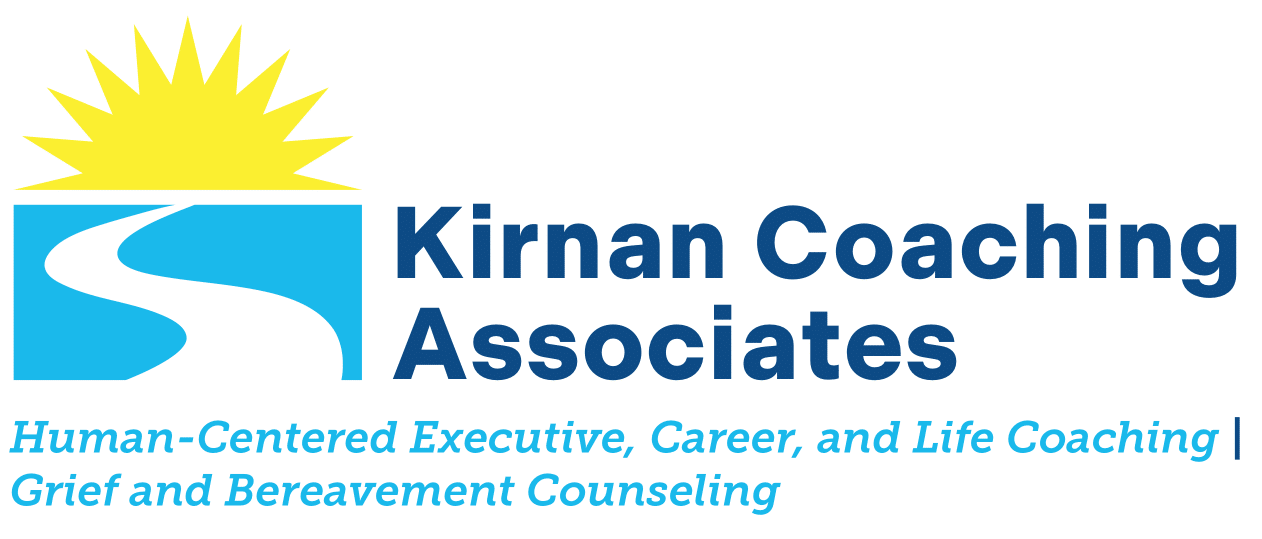
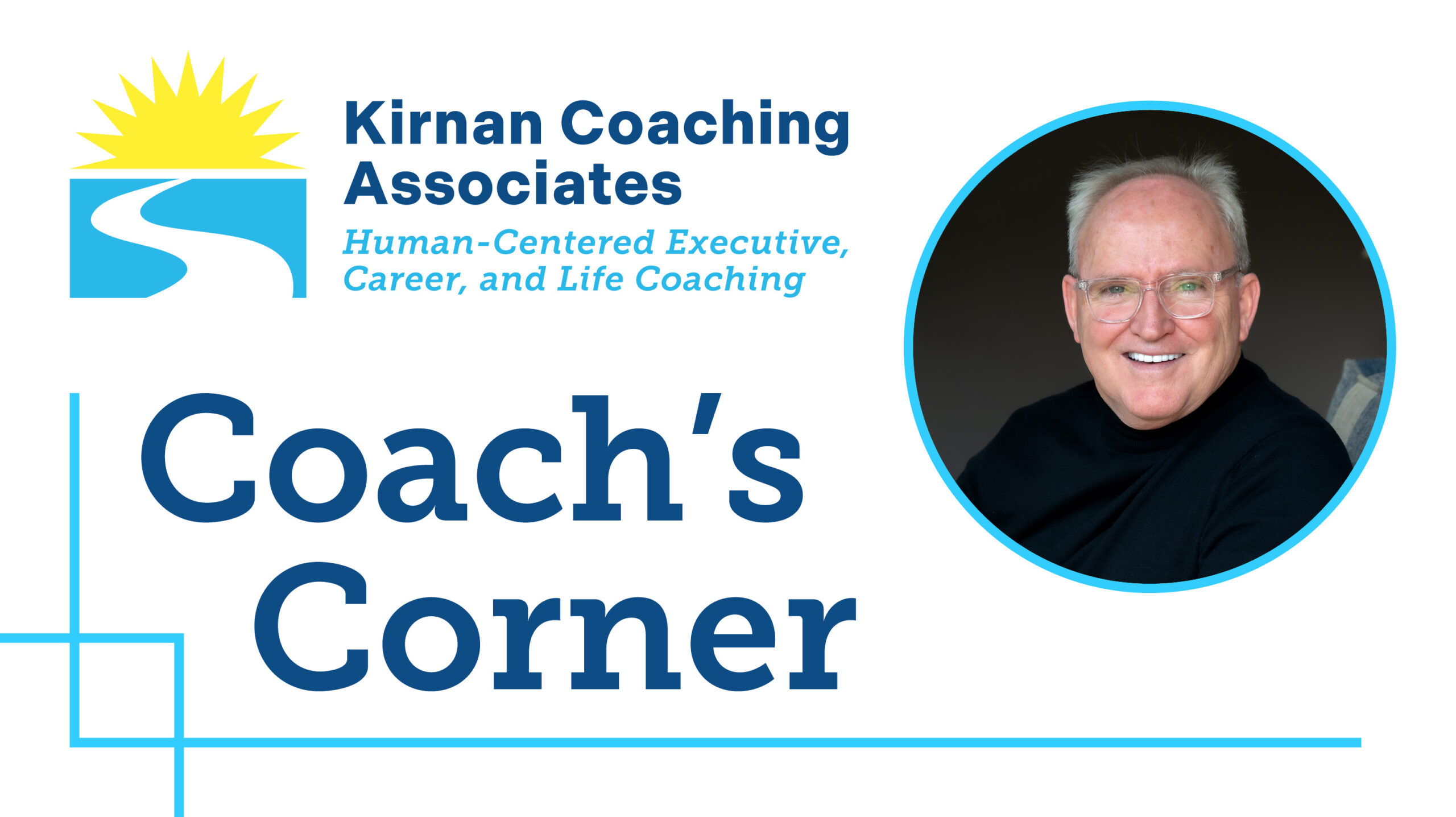
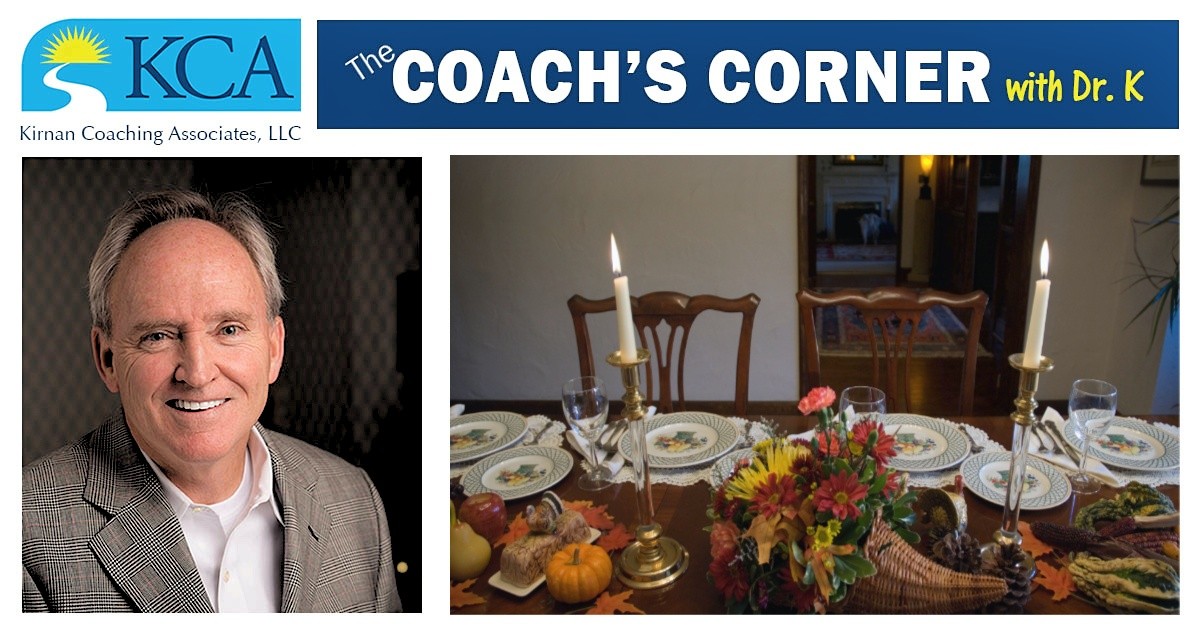
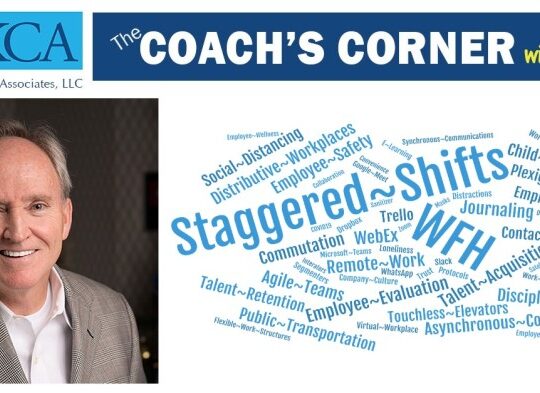
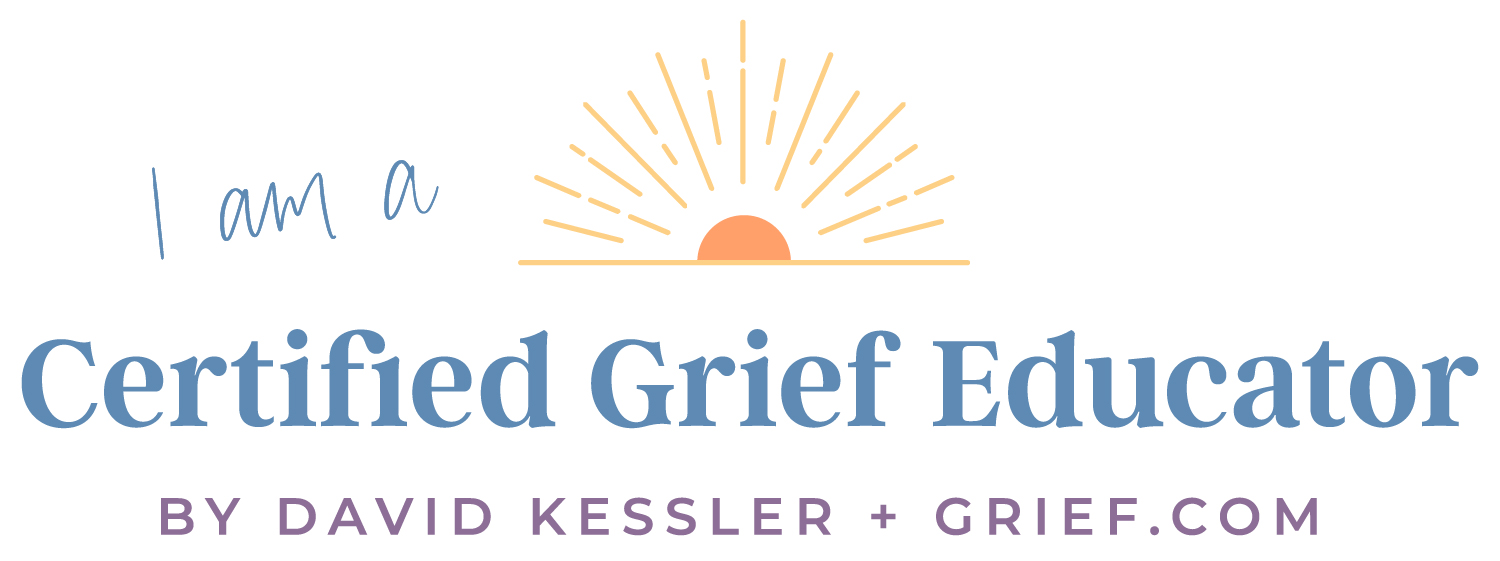

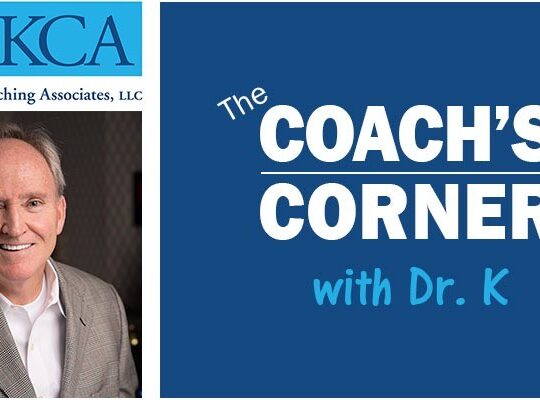
Jack, I read Dr.Kubler-Ross years ago but never thought of applying the steps to something like job loss. While I never have experienced this particular loss, (so fortunate!j , I can see see how helpful this spiritual and practical application would be.. Thank you, Judy Hughes
thanks Judy and hope all is well!